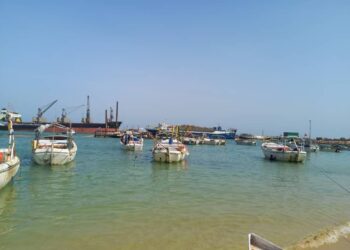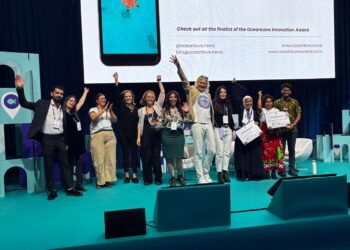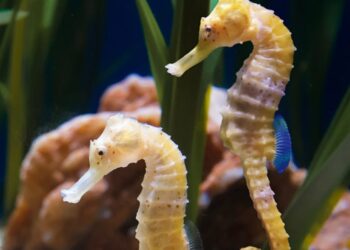Kenyan coral reef: a treasure to protect – A new tendency among young tourists visiting Kenya outbroke: not just to lie on a sunbed on the beach for the whole day, but to explore the nature of the oceans first hand. Indeed, diving, snorkelling, whale and dolphin watching have become the most requested activities to be made on the Kenyan beaches, especially in Watamu and Diani.
This kind of tourism had a positive social and environmental effect: being related to the possibility of enjoying ocean nature and it marvellous biodiverse resources, numerous associations for marine conservation and coral reef safeguard have emerged in Kenya to keep these resources intact and protected, for the benefit of responsible visitors who could appreciate such treasure.
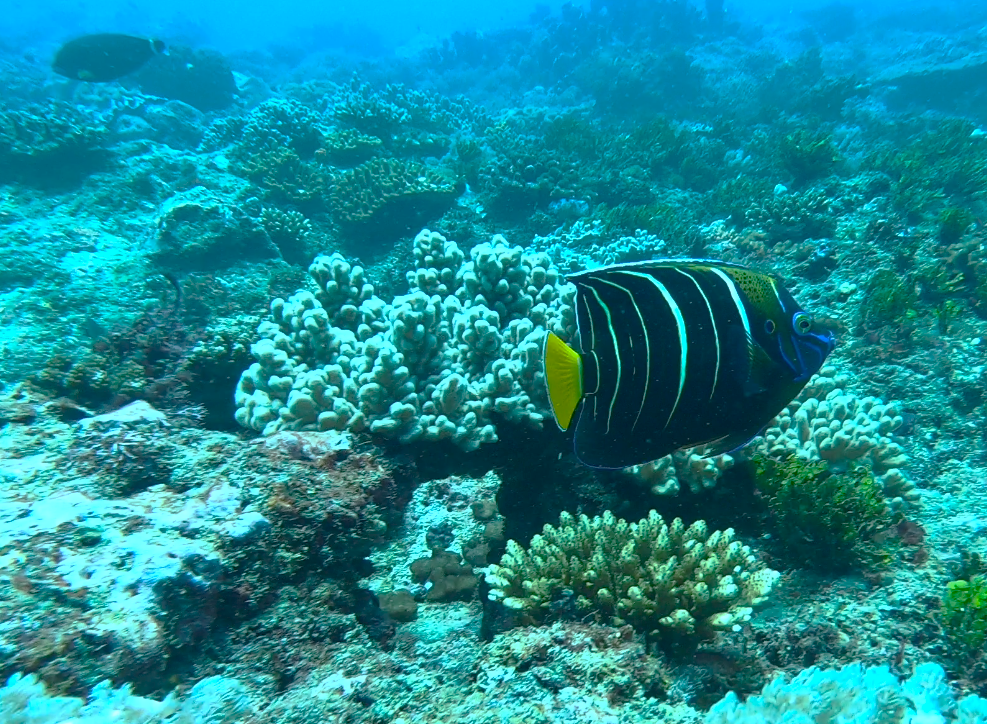
Coral reefs represent a precious resource for the country for different reasons. Firstly, according to the Kenyan Conservation Education Society snorkels are most inspired by exploring the incredible marine biodiversity inhabiting these ecosystems.
Incredibly indeed, the southern part of Kenya – in particular Shimoni and Kisite – is populated by 250 species of coral reefs, that are found at different depths, from less than 1 metres to 20 metres when the sea is at low tide.
Secondly, this habitat plays a crucial role for the livelihood of local coastal communities: artisanal fishing in coral reefs accounts for more than 95% of total marine fish catches in Kenya.
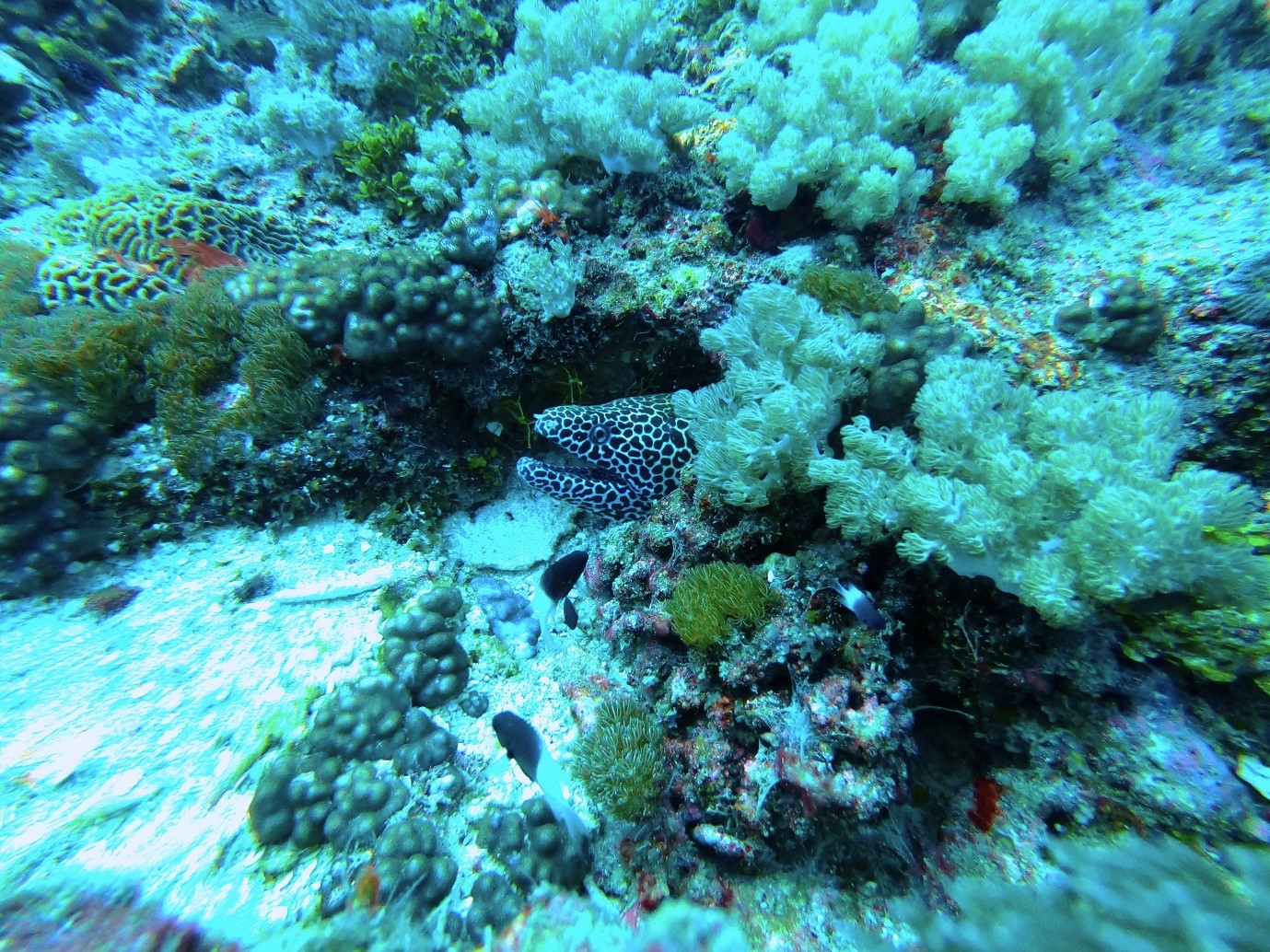
Unfortunately, coral reefs are still under significant stress worldwide, and in Kenya the highest peak of mortality rate has been registered in 1998. After the outbreak of the El Nino in the Indian Ocean, coral reef bleaching in Kenya as increased by 50 – 80 %. Moreover, the increase of sea surface temperatures caused by global climate change have continued threatening the delicate coral ecosystem, leading to bleaching episodes and reduction of coral biodiversity. In addition to this, unsustainable fishing practices, increasing coastal urbanisation and the consequential domestic wastewater discharge, agricultural and industrial pollution cause an incredible harm to the coastal and marine environment in the whole Western Indian Ocean region.
What could happen if coral reefs disappear?
Scientists from the WIO region predicts that a declining in coral reef’s would have negative consequences on the whole marine ecosystem and activities related to the marine environment in general, like fishing. Indeed, loosing livelihood may bring to political instability, starvation, and poverty. Once corals are death, many other species whose rely on these ecosystems would perish and disappear. This causal relationship has been ascertained by the scientific community in Kenya: since local fishermen have reported a decline in catches over the years, a significant decline in coral reef catch rate and species diversity has been acknowledge by scientific studies. As a result, local fishermen continue to suffer high levels of poverty.
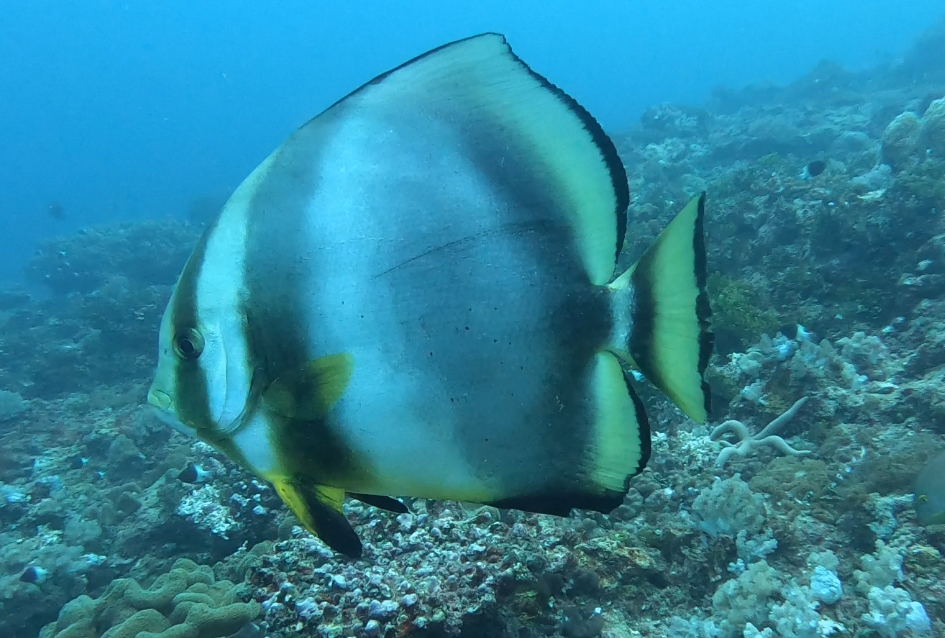
Notwithstanding the Kenyan government has attempted to promote sustainable fishing practices, the efforts are still insufficient. In this regard, the definition of protected marine areas has been deemed a useful practice for protecting coral reef ecosystems, considering hard corals and fish biodiversity. For instance, in the WIO Region South Africa has put under a regime of safeguard most of its coral reefs and has called for increased regional efforts in this regard.
Fortunately, biodiversity conservation and restoration programmes have been established even in Kenya. Only the Seychelles in the Indian Ocean have promoted programmes that ensured coral rehabilitation for stimulating natural regeneration of complex habitats which are more successful than the Kenyan’s.
The successes of these programmes – even if these are at initial stage – have been registered yet: increased fish population has been recorded within a year of the project beginning, and even cases of spillover effects have been reported. These sustainable practices are the only key to benefit the environment, and the people of present and future generations.
Kenyan coral reef: a treasure to protect


